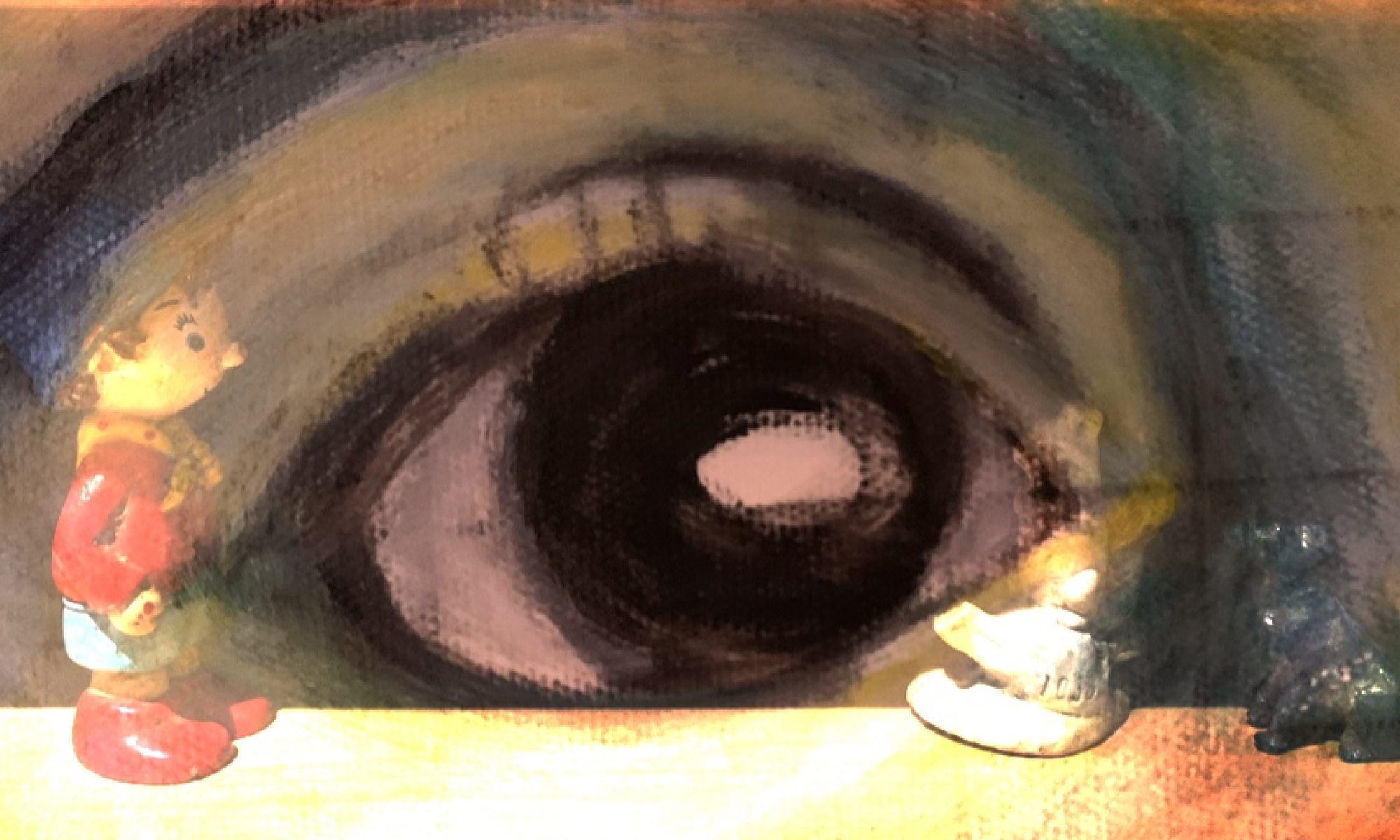Starvation Minister Amber Rudd refused to rule out introducing charges to use food banks. Non-essential items, such as potatoes, would become chargeable under new regulations.
This came about as Rudd linked food bank usage to the success of Universal Credit. “Thanks to benefit changes, waiting times for food banks are down to as little as five weeks,” claimed Rudd’s spokesfatty, Eaton Pye. “I don’t think that’s unreasonable. After all, the average overweight benefit scrounger can survive for 35-40 days without food, with only a small chance of physical or psychological damage or death.”
Universal Credit failures are cited as one of the reasons for food bank use in the first place. “And that’s why charging is essential,” said Pye. “It will eliminate the freeloaders, so that only the truly needy will be able to obtain vital supplies of own-brand tinned marrowfat peas.”
LCD’s Food For Thought correspondent researched the charging schedule more closely. The list of chargeable items was surprisingly long. All fruit and vegetables will be paid-for (except Brussels sprouts). Bread, rice and biscuits all attract payment (“Let them eat cake!” chortled Pye), as do many other common foodstuffs like eggs and cheese.
“Cheese, unfortunately, cannot be exempt,” said Pye. “As one of our most popular items, a tariff must be applied to stifle demand. Customers may instead obtain bottles of milk way past their sell-by date, and produce their own cheeses.”
We put it to Pye that food banks were becoming, in essence, supermarkets in all but name. “No, not at all,” Pye retorted. “We are literally giving away food. All claimants have to do is to turn up and complete an application form only 32 pages long. Time to process this must be allowed, and if a claim is upheld, then claimants may choose from all the items we stock that Aldi can’t actually sell.”
“Please, can I have some more?” “No, of course not! What do you think this is, Dickensian London?”


